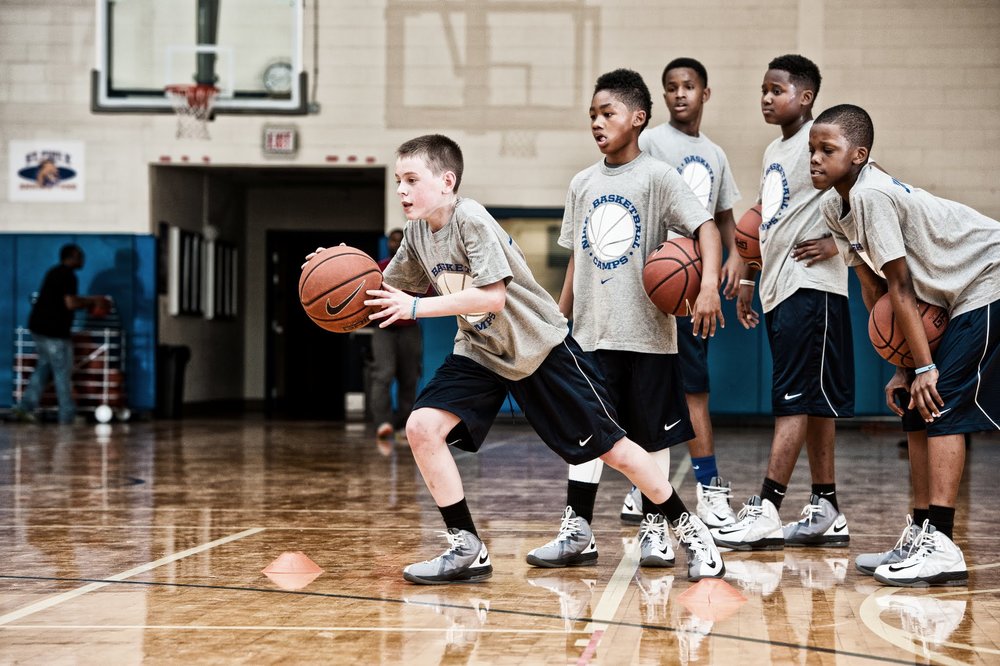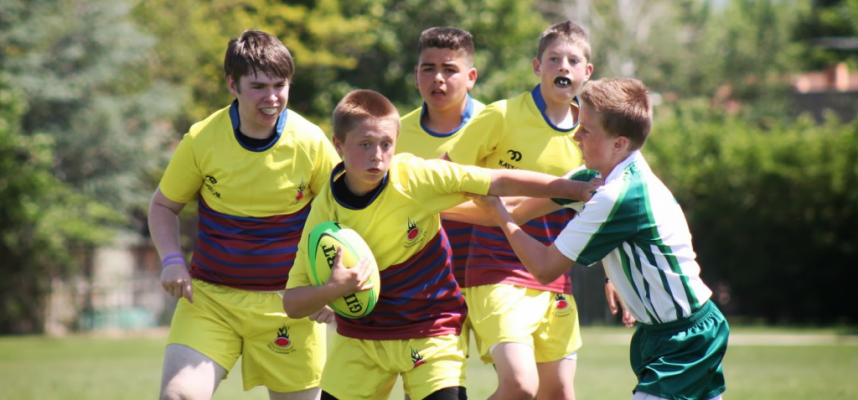
Should My Kids Really Be Playing Sports
Frequently the risks of young children participating in sports are raised as a concern because of possible injuries that could affect them later on in their lives.
This is has been a big issue lately with the medical community making connections to permanent brain damage in sports and the media highlighting how those long term injuries are affecting the lives of many retired athletes.
Violence and safety in sports have been the main debate for athletic parents as there have been more discussions with school officials to take some sports completely out of schools.
Until further medical studies and research are continued to find preventive measures to avoid injury from violent sports, the very aspect of participation in sports provides many benefits for children in their younger years.
In fact, sports are a lot more vital to their early development than we once thought.
Positives of Youth in Sport

When do young children start to gravitate towards sports? Is it the age whenever parents feel like throwing their kids in sports at the right “moment”?
According to psychologists, they say the range of ages that most kids voluntarily enter sports are from 6-11, and there are good reasons why.
The ages before six are when children begin to develop self-esteem through social interaction and closeness, which is easily found through youth sports in the schools and local community.
Sports aren’t the only group activities that help social interaction and closeness, many schools have student organizations that can showcase other talents besides athletics.
However, in an athletic environment athletes must learn to be competitive with themselves in order to provide value for their teams, which is necessary for a young athlete’s self-worth to handle more difficult challenges later on in life.
Without taking on any of the skills early on to improve themselves, children develop lower amounts of self-confidence and may even perform worse on the simple disciplines in their lives (doing schoolwork, chores, problem-solving, handling multiple extracurricular activities, etc.)
The reason why this happens is due to negative feedback loops the mind creates from continuous poor results.
You see this often in collegiate or professional athletes whose playing effectiveness continues to declines further the longer they continue to perform.
While it’s very debatable where sports should have their place in our schools, they definitely serve their purpose benefiting young children and adolescents the skills they need for a smooth transition to adulthood.
The Wrap Up
Parents should consider both the positive and negative consequences of putting their children in sports where there’s enough risk for concern. On the other hand, there should be consideration for motivated young athletes who may benefit from developing their talents from sports to better themselves for the future. Even the most violent sports can benefit the youngest upcoming athletes of tomorrow.
What else do you want to know?

Leave a Reply
You must be logged in to post a comment.